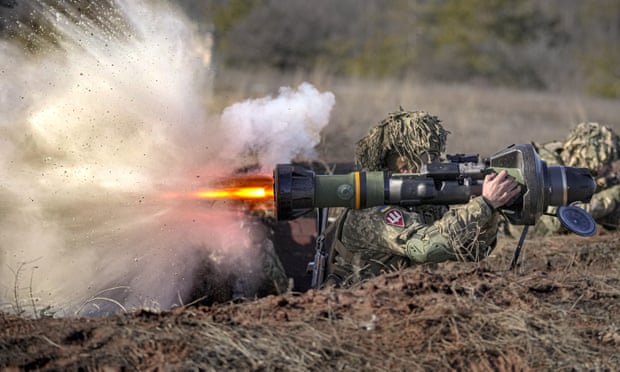US Nuclear Strategy: Deterrence Alone Is Not Enough
This is the Nuclear Posture Review by the Department of Defense. It is a report on the nuclear strategy that has been developed by successive administrations since President Bill Clinton.
The published framework defines the role of nuclear weapons as preventing nuclear attacks on the U.S., its allies and friendly nations. It also envisions the use of nuclear weapons against attacks using powerful conventional, biological and chemical weapons, as well as in the event of a large-scale cyberattack. Preemptive use is not ruled out. Both of these policies were in line with previous policies.
On the other hand, it also clearly stated “our commitment to reducing the role of nuclear weapons and reestablishing our leadership in arms control,” indicating that the U.S. will take the lead in disarmament. However, President Joe Biden’s longtime preferred policy of “No First Use” of nuclear weapons was not mentioned in the report.
The fact that Russia announced that it was ready to use nuclear weapons after the invasion of Ukraine may also be behind this. The U.S. nuclear capability is said to have a deterrent effect on Russia, and [the United States’] allies are dependent on that effect.
It is believed that the U.S. also took into consideration what's happening in China, which has been promoting the mass production of nuclear weapons and the development of nuclear technology. Along with North Korea’s nuclear weapons and missiles, this is a serious issue for Japan.
However, the danger will only increase as reliance on nuclear weapons grows. This trend must be halted.
In January, Russia promised in a joint statement with the U.S., the U.K., France and China that it would not start a nuclear war, but lost credibility with its invasion and nuclear threats. Disarmament negotiations between the U.S. and Russia are not likely to move in the foreseeable future.
What matters is the action of the international community. The resolution condemning Russia, adopted immediately after the invasion of Ukraine by the U.N. General Assembly, also condemned Russia’s coercive stance on nuclear weapons.
The conference to review the Treaty on the Non-Proliferation of Nuclear Weapons is scheduled to be held this summer. It should be positioned as an opportunity to increase transparency in nuclear weapons management, reduce risks and promote disarmament.
The U.S. must exercise leadership in rebuilding the nuclear control regime. It should seek to include Russia and China in this process.
Hypersonic weapons capable of carrying nuclear warheads, which the U.S., China and Russia are competing to develop, are not subject to conventional regulations. How to manage them is also a new issue.
Reducing the risk of nuclear war requires an approach that combines disarmament and deterrence, rather than deterrence alone.

